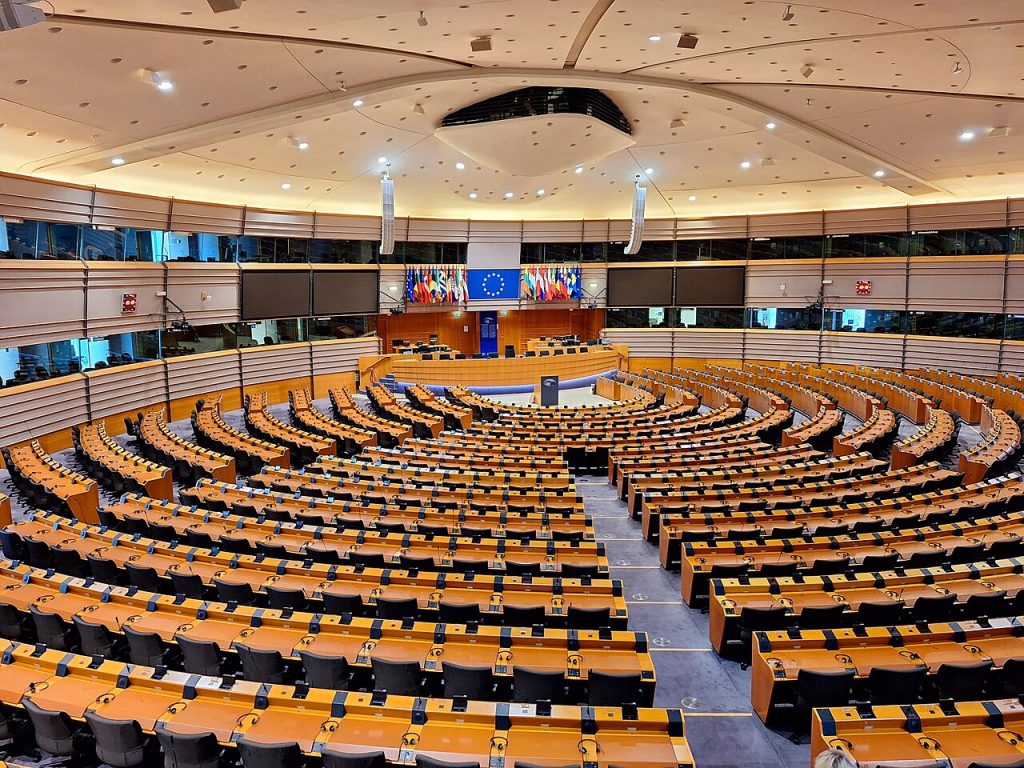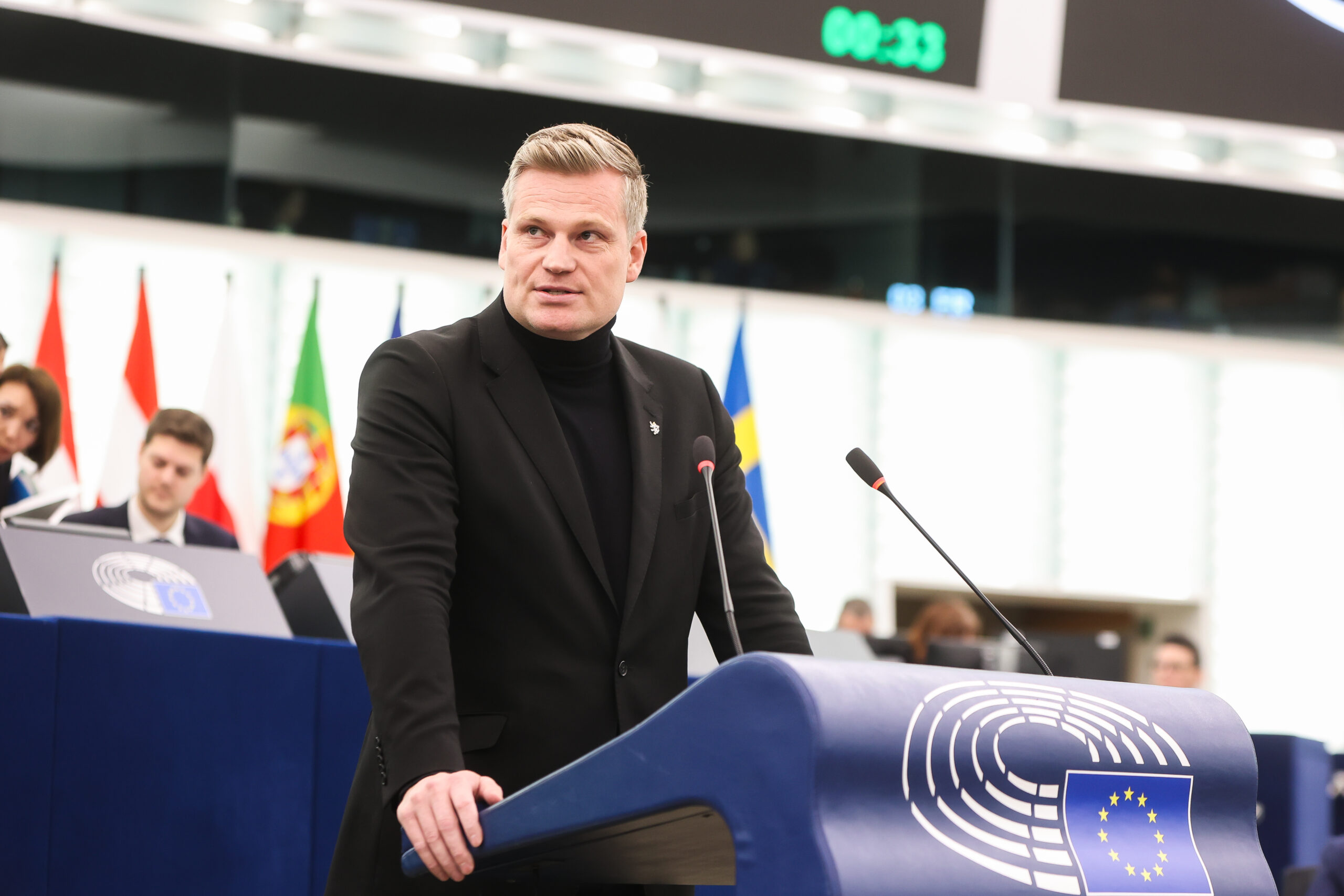Filip Turek European Parliament and the Overton Window
Filip Turek’s speech in English before the European Parliament sparked broad debate both inside and outside Czechia. His address, marked by nationalist references and a defiant tone, quickly became a case study in Czech extremism and how far-right discourse has entered mainstream European politics. Several media outlets translated and circulated his remarks across the continent.

In the Czech Republic of 2025, racially motivated crimes are no longer isolated cases; they have become routine. Filip Turek’s speech at the European Parliament illustrates how extremist rhetoric has entered the political mainstream, widening the limits of what a democracy is willing to tolerate.
Official statistics hide the scale, but real numbers reveal a growing pattern of attacks, humiliation, and discrimination against Roma people, foreigners, and non-white residents.
The political climate
The political climate has decayed beyond imagination. Polls now predict a likely alliance between Tomio Okamura, leader of the xenophobic SPD movement, and the group Motoristé sobě (“Motorists for Themselves”). This formation mixes street populism with authoritarian sympathies, blurring the line between protest and ideology.
Hatred as a political experiment
Within that context, the Motorists deliberately chose to open the Overton Window—to expand the limits of what is tolerable—by promoting Filip Turek, a politician known for controversial statements about minorities and for provocative references to figures of fascism. This move was widely seen as another symptom of Czech extremism gaining visibility and legitimacy in national politics (see also: The Far Right Mutating in Czechia).
According to Deník N, Turek once wrote on Facebook:
“Setting fire to something or someone is stupid, but the fact that a gypsy kid got burned should, if anything, be considered a mitigating circumstance.”
He was not speaking metaphorically. He referred to the case of Natálka Kudriková, a three-year-old Romani girl who, in 2009, suffered burns on 80 percent of her body after four neo-Nazis threw Molotov cocktails at her home in Vítkov, Moravia. The child survived with lifelong scars. The attackers were sentenced to more than twenty years in prison.
Symbols of the past turned into brand
Long before reaching Brussels, Turek had built a public image tied to far-right symbols. In photos published by media outlets and shared on social networks, he appears wearing a golden helmet with emblems related to Greece’s Golden Dawn and holding objects decorated with Luftwaffe insignia (Jagdgeschwader 27) or even a candle marked with a swastika. He later explained that these were part of a hobby for military antiques. However, the repetition of such gestures suggests a deliberate use of aesthetics loaded with political meaning.
The normalization of far-right aesthetics
More than a personal quirk, these symbols evoke a narrative of power and exclusion that, in today’s Europe, deserves close attention. As a result, rejecting such emblems is not about political correctness; it is about historical memory. In a country where survivors of Terezín and Lety are still alive, their public display insults the victims of Nazism and signals the trivialization of the totalitarian past.
From online Czech extremism to the European Parliament
What once seemed unthinkable has already happened. In March 2025, Filip Turek spoke before the European Parliament in Strasbourg as an elected MEP. The same politician who once downplayed an attempted murder of a Romani child now stood at the podium. That podium has so often been used to remember the Holocaust. The Parliament archive (12 March 2025) shows him mid-speech, the Union’s blue flag behind him—a symbolic image of how Czech extremism has crossed national borders.
His address formed part of the debate titled “Action Plan for the Automotive Industry,” a European plan for the green transition of the sector. Yet Turek is not an expert on industry, energy, or the environment. Instead, his career has revolved around automotive marketing and event organization, not public policy.
During that session, far from offering technical proposals, he used the tribune to attack the EU’s climate policy, calling it a “green ideology” and a “threat to citizens’ freedom.” It was not a technical intervention but a political performance—his first rehearsal of international visibility. Meanwhile, he sought notoriety, projected presence, and prepared the ground for future ascent.
If he ever became Foreign Minister, as several Czech analysts have predicted, he would not be a stranger in Strasbourg. He would be remembered as the deputy who defended the car industry and Czech sovereignty against Brussels—a far-right figure with institutional credentials and one of the clearest international faces of Czech extremism.
Motorists for Themselves: the laboratory of Czech extremism and resentment
In the 2025 parliamentary elections, Motoristé sobě obtained 7.4 percent of the vote and eleven seats. Its base includes truck drivers, small business owners, and citizens frustrated with state bureaucracy. Added to that electorate are ultranationalist groups that see in the Motorists a civilized disguise for their anger—another expression of Czech extremism adapting itself to mainstream respectability.
Their leader, Petr Macinka—former spokesman for ex-president Václav Klaus—combines economic libertarianism with moral conservatism. In his speeches, Europe appears as a “green, globalist tyranny” oppressing the common citizen, a narrative echoing broader patterns of Czech extremism and resentment against democratic institutions.
Deník N documented dozens of Turek’s posts ridiculing the Holocaust, attacking LGBTQ+ people, and calling Barack Obama “a negro who, at best, can sell hashish at the station.” When confronted, Turek claimed it was “a blatant attempt to discredit him,” boasting of having served as “ambassador of an association of Romani entrepreneurs.”
That association—the Západočeská asociace romských podnikatelů (ZARP)—was identified by Romea.cz as a group advised by Macinka himself. The supposed “anti-racist” gesture was yet another exercise in political self-promotion.
The Romani endorsement and the legitimization of racism
The case of actor Zdeněk Godla, now a friendly face for those promoting an exclusionary discourse, deserves closer reading. Godla is Romani and has spoken publicly about discrimination. Yet today he supports a politician who trivialized the attempted murder of a child from his own community—a gesture fitting neatly within the new wave of Czech extremism seeking social acceptance.
His gesture is not innocent. In a country where Romani representation remains rare, visibility can be mistaken for power. Perhaps Godla believes his presence within the coalition could help moderate positions or open dialogue. In practice, however, such participation legitimizes those who have built their political discourse on contempt for his own people and provides Czech extremism with a façade of diversity.
There is no neutrality when racism dresses itself as pragmatism. Each time a member of a minority is used to whitewash the image of a movement that has stigmatized it, the cost is borne by the entire community it represents.
The alliance that betrays its own
Andrej Babiš’s (ANO) calculation is simple: he needs the Motorists to form a majority. To achieve it, he accepts sharing power with sectors that have expressed disdain toward parts of his own Romani electorate. Thousands of voters once trusted him out of pragmatism, not ideology. They now feel betrayed as he partners with those who minimize hate crimes such as the one in Vítkov.
From Havel’s legacy to the echo of totalitarianism
The contrast is stark. The country of Václav Havel, a symbol of democratic conscience, is allowing his legacy to be replaced by authoritarian nostalgia. Meanwhile, hate gains microphones and seats, while many foreign influencers and digital nomads living in Czechia choose silence. They post about how “magical” and “safe” Prague is but omit any mention of hate crimes, the neo-Nazis multiplying like mushrooms, and the rise of Czech extremism that despises even the same foreigners who praise it.
The Overton Window is already open
In almost any country, proposing or applauding a politician who has praised figures of fascism would be a scandal. In today’s Czechia, it barely causes surprise. That, precisely, is what it means to open the Overton Window—when horror becomes part of the landscape and Czech extremism is normalized, dressed as patriotism and wrapped in parliamentary respectability.
Sources
– Deník N, 10 October 2025
– Romea.cz, 2025
– Wikipedia – Filip Turek (racing driver)
– European Parliament, 12 March 2025 – debate “Action Plan for the Automotive Industry”
